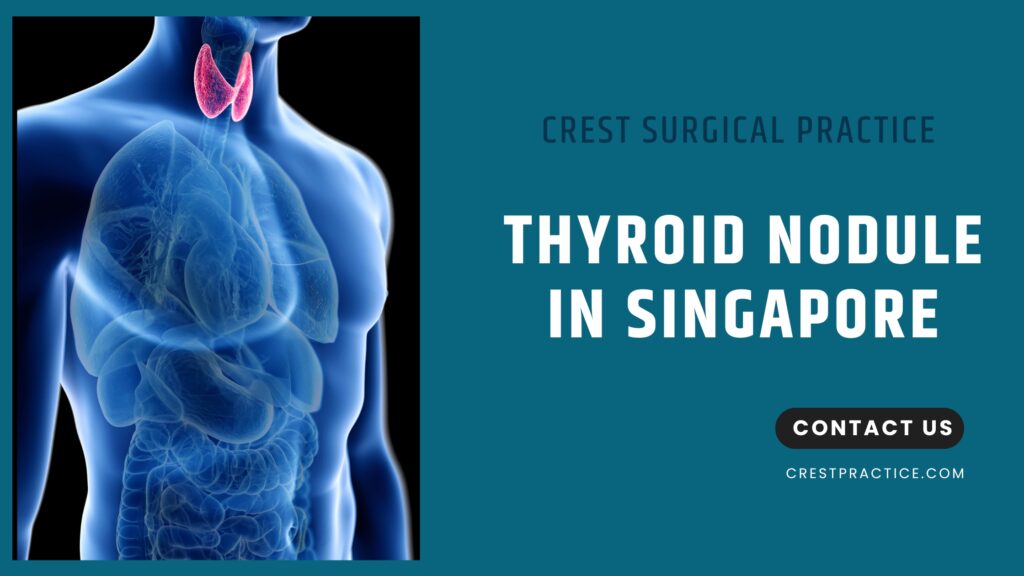Have you ever noticed a lump in your neck or had one detected during a routine check-up or imaging scan? For many people, this unexpected discovery can raise concerns, especially when it turns out to be a thyroid nodule in Singapore. The thyroid, a small butterfly-shaped gland located in your neck, plays a vital role in regulating hormones responsible for metabolism, body temperature, mood, heart rate, and digestion. When nodules form within the thyroid, they may disrupt this delicate hormonal balance, leading to a range of potential symptoms and health considerations.
Who Is at Risk?
Thyroid nodules can affect anyone, including both children and adults, but they are significantly more common in women—about four times more so than in men. Several risk factors can increase the likelihood of developing these nodules:
-
Advancing age
-
A history of radiation exposure to the neck
-
Family history of thyroid disorders or cancer
-
Iodine deficiency
-
Smoking and alcohol use
-
Obesity and metabolic syndrome
-
Iron-deficiency anemia
-
High levels of insulin-like growth factor-1
-
Presence of uterine fibroids in women
Being aware of these risk factors can help individuals stay proactive in managing their thyroid health.
Symptoms to Watch Out For
In many cases, thyroid nodules are silent—causing no symptoms and discovered only through imaging or physical exams. However, when they do present symptoms, they can be both physical and functional:
-
Visible or Palpable Lump: One of the most common signs is a noticeable lump in the neck. It may vary in size and may not always be painful. While some people detect it themselves, others may learn about it during a doctor’s examination.
-
Difficulty Swallowing or Breathing: Larger nodules can press against the esophagus or windpipe, causing a sensation of tightness, difficulty swallowing, or even breathing issues. In some cases, patients report changes in their voice due to pressure on the vocal cords.
-
Pain: Though rare, some thyroid nodules can cause localized pain in the neck, jaw, or ear, particularly if there’s inflammation or an associated condition like thyroiditis.
-
Hormonal Imbalance: Nodules may cause the thyroid to become overactive (hyperthyroidism) or underactive (hypothyroidism). Symptoms of hyperthyroidism include rapid heartbeat, weight loss, and nervousness, while hypothyroidism may lead to fatigue, weight gain, and cold intolerance.
-
Voice Changes: Hoarseness or noticeable shifts in vocal tone can occur if the nodule presses on nearby nerves or vocal structures.
Monitoring and Treatment
Most thyroid nodules are benign, but a small number can be cancerous. Because of this, regular monitoring, imaging, and sometimes biopsies are essential for determining the appropriate course of action. Early detection and treatment are key to managing risks and maintaining thyroid function.
If you have noticed symptoms or want peace of mind, consider scheduling a consultation with Crest Surgical Practice. Their team offers comprehensive evaluation and expert care for thyroid concerns, ensuring you receive personalized support every step of the way.
Taking thyroid nodules seriously—even when they appear harmless—can make a big difference in long-term health outcomes. Don’t ignore that lump—let an expert help you determine the next step.
Link Densustotositus togel

